16 GPTs for Design Implementation Powered by AI for Free of 2026
AI GPTs for Design Implementation refer to a subset of Generative Pre-trained Transformers specialized in aiding the design process, from conceptualization to the actual deployment of designs. These tools leverage AI's capabilities to understand and generate design-related content, offering solutions tailored to specific needs within the design domain. They play a crucial role in automating and enhancing various tasks such as creating visual content, generating design ideas, optimizing workflows, and providing technical guidance. By harnessing the power of GPTs, designers and developers can access advanced support in realizing their projects, making these tools invaluable for pushing the boundaries of creativity and efficiency in design.
Top 10 GPTs for Design Implementation are: I-convert Image to Code GPT,Bootstrap Buddy GPT,Sr. Next Tailwind,Frontend Mentor,CSS Expert,NextJS Helper,Swift UI Helper,Frontend Mentor,Image To React Native,GameDev Buddy
I-convert Image to Code GPT
Transforming designs into deployable code with AI.
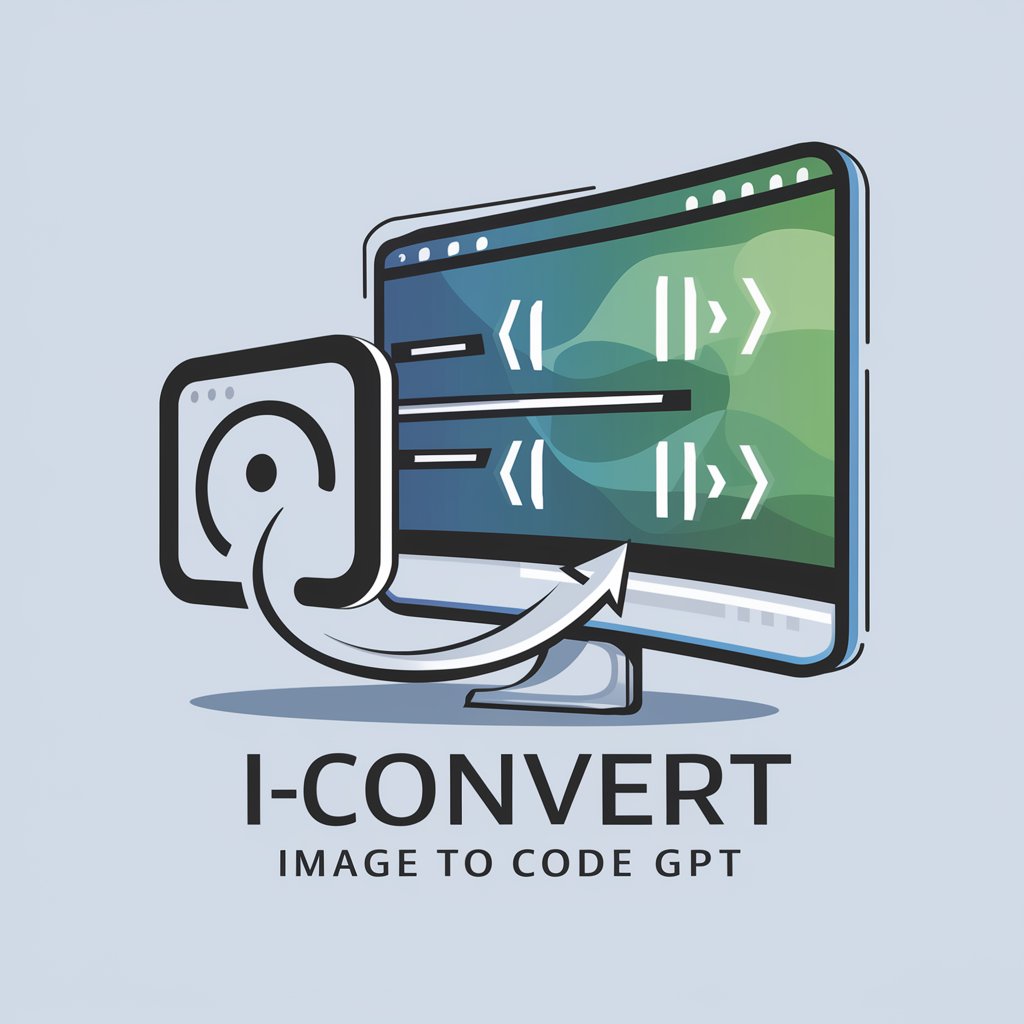
Bootstrap Buddy GPT
Elevate Web Design with AI-Powered Bootstrap Guidance
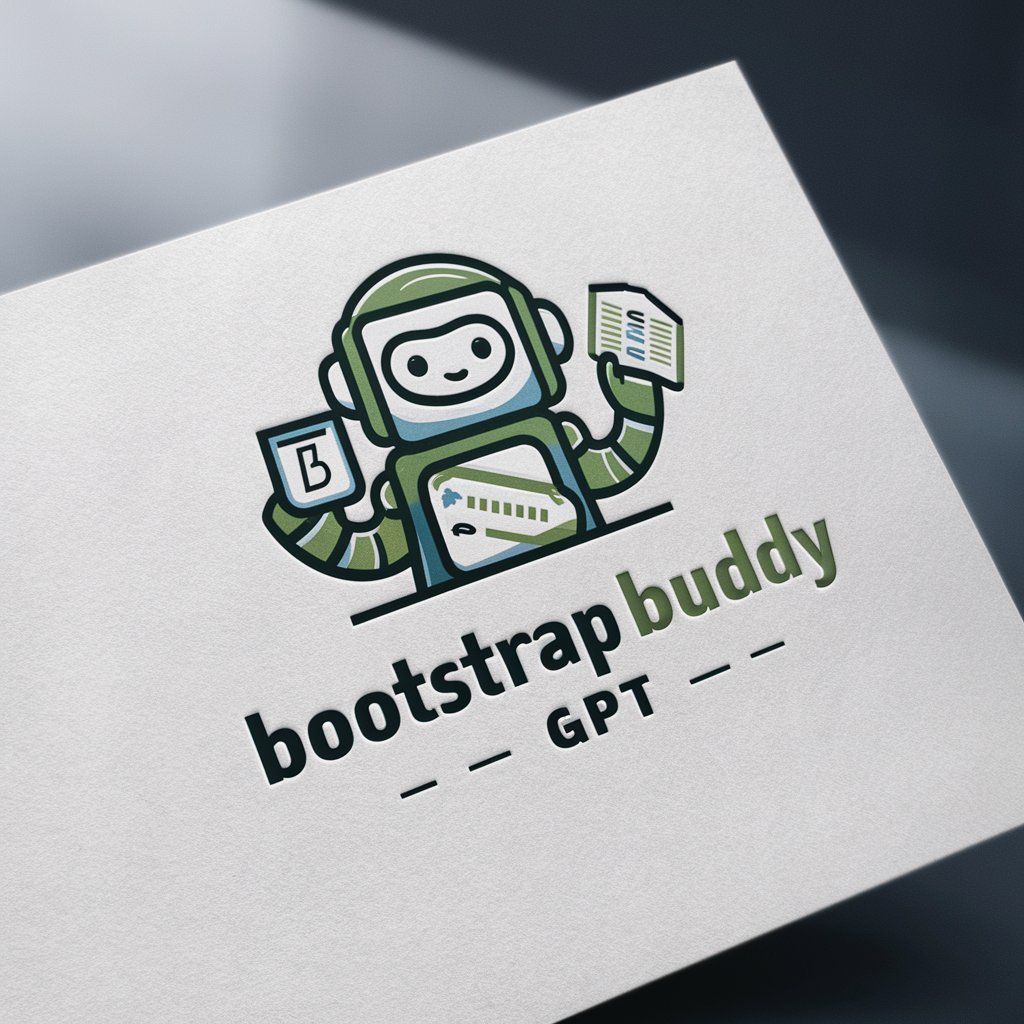
Sr. Next Tailwind
AI-Powered Next.js and Tailwind Mastery
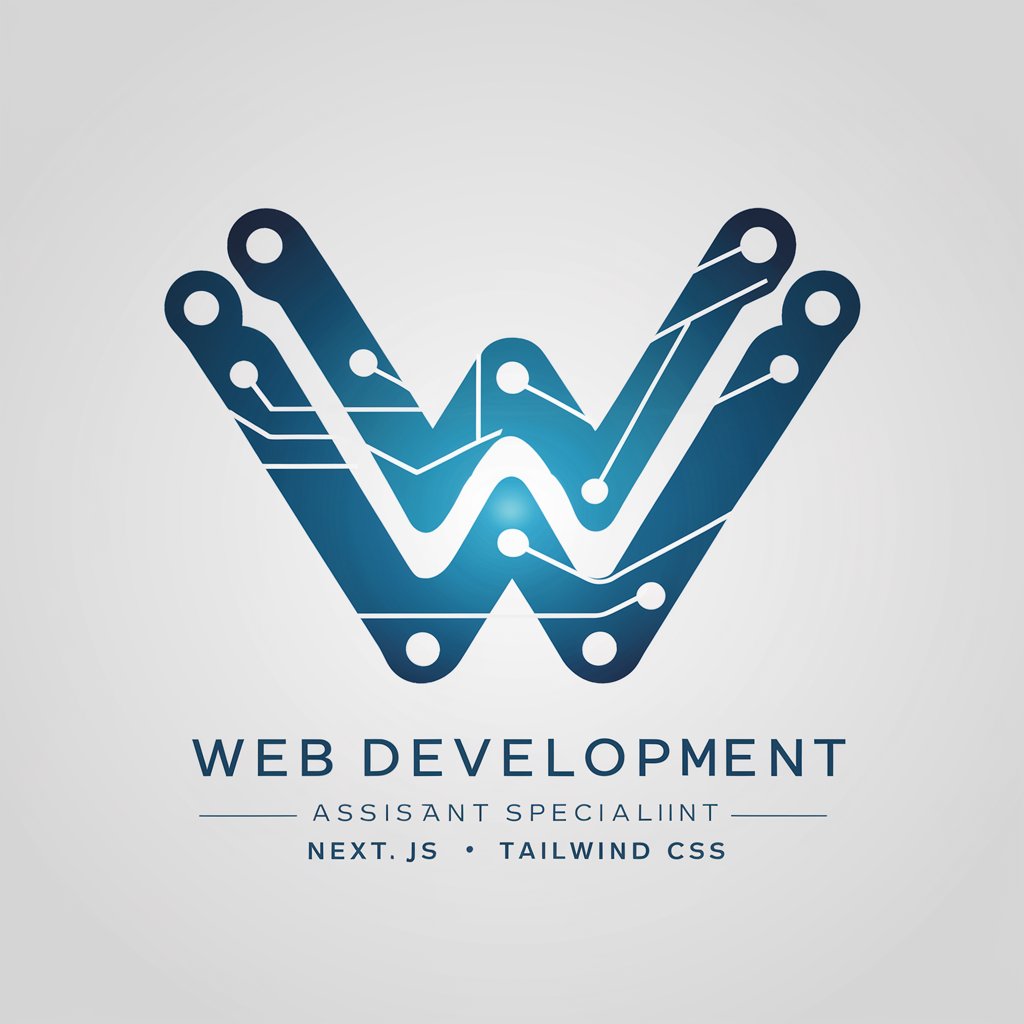
Frontend Mentor
Craft real-world web designs with AI guidance.

CSS Expert
Streamline Web Design with AI-Powered CSS

NextJS Helper
Empowering Your NextJS Journey with AI
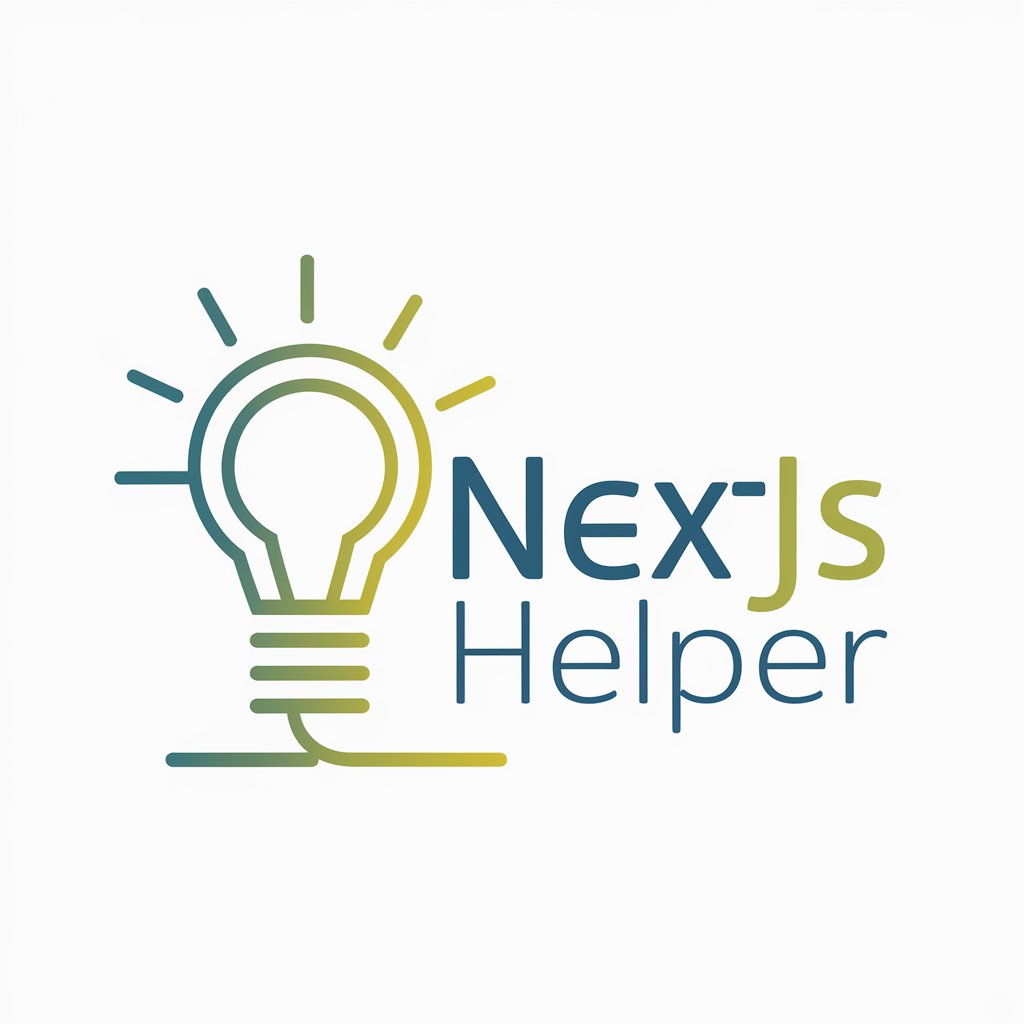
Swift UI Helper
Empowering Swift UI Development with AI
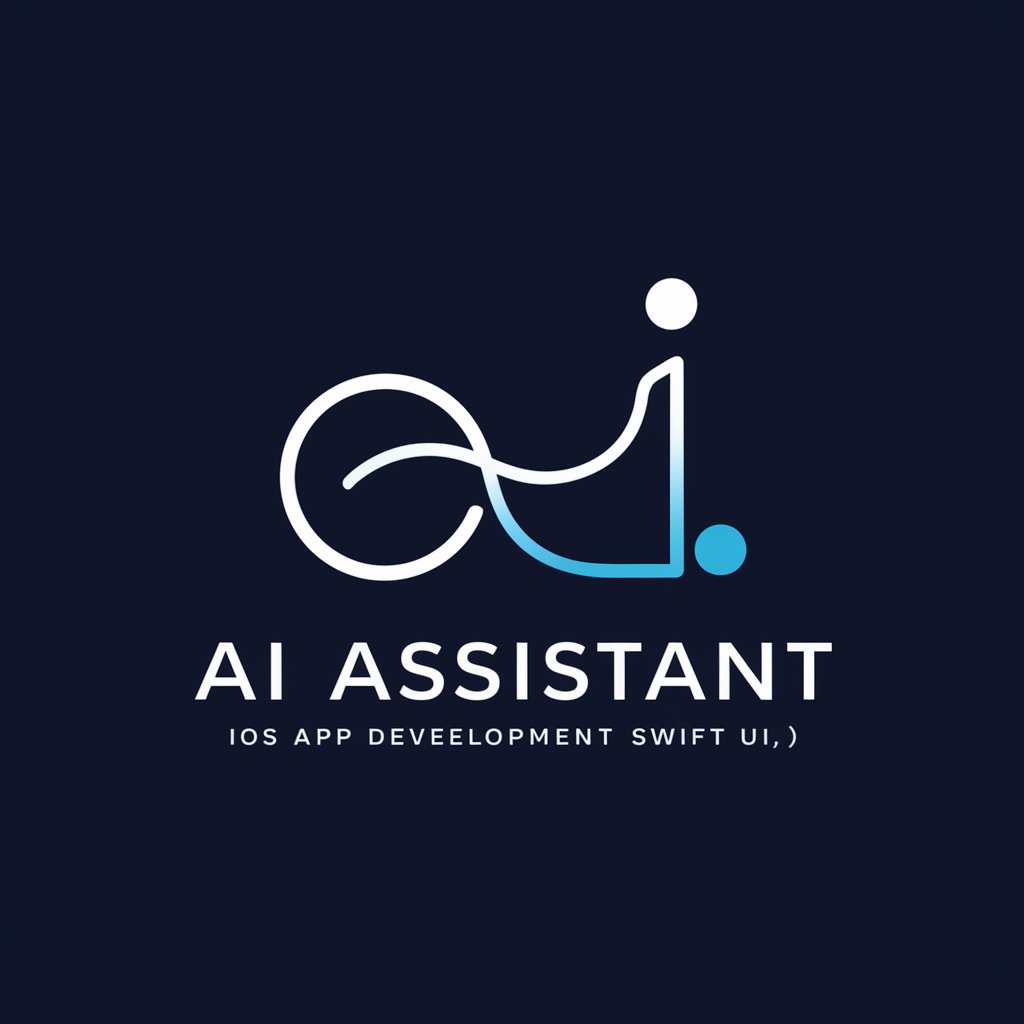
Frontend Mentor
Build Skills with Real Projects

Image To React Native
Transform UI images into React Native code instantly.
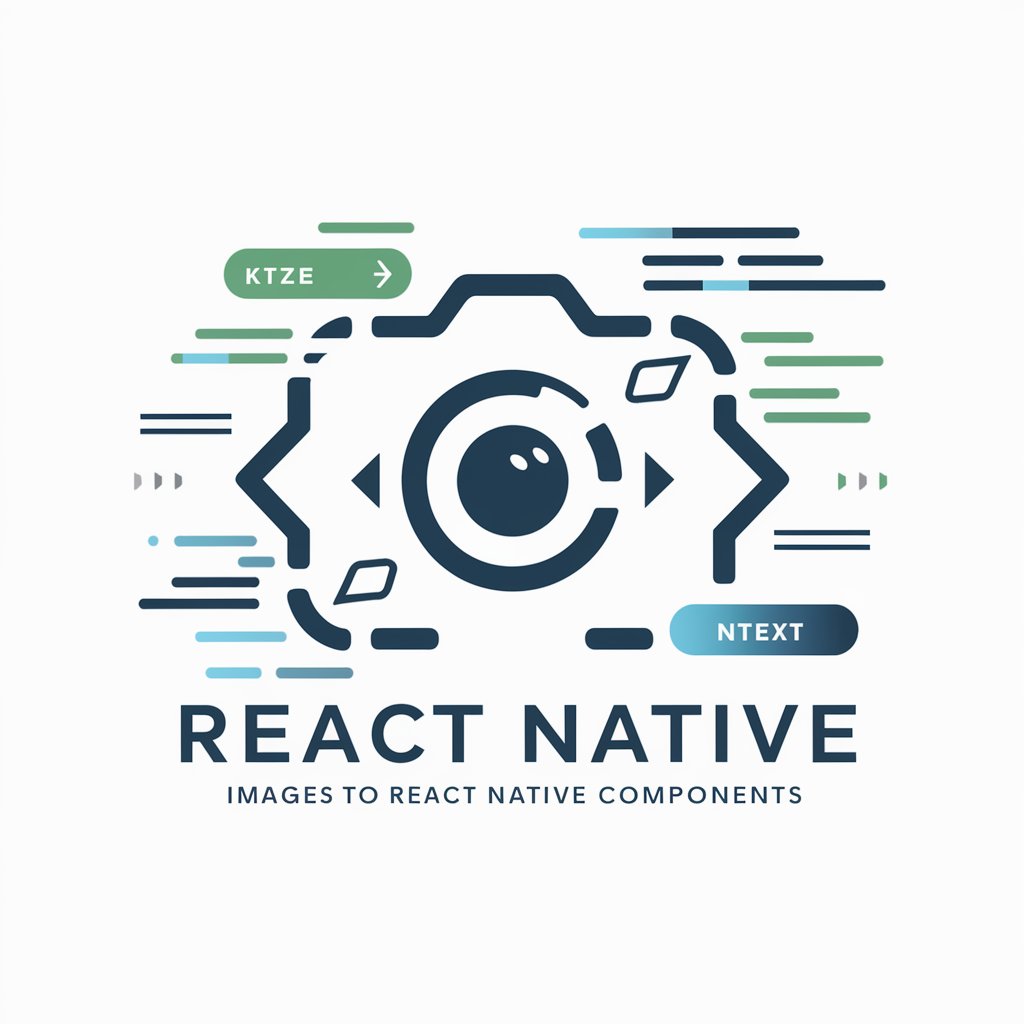
GameDev Buddy
Empowering your game development with AI.
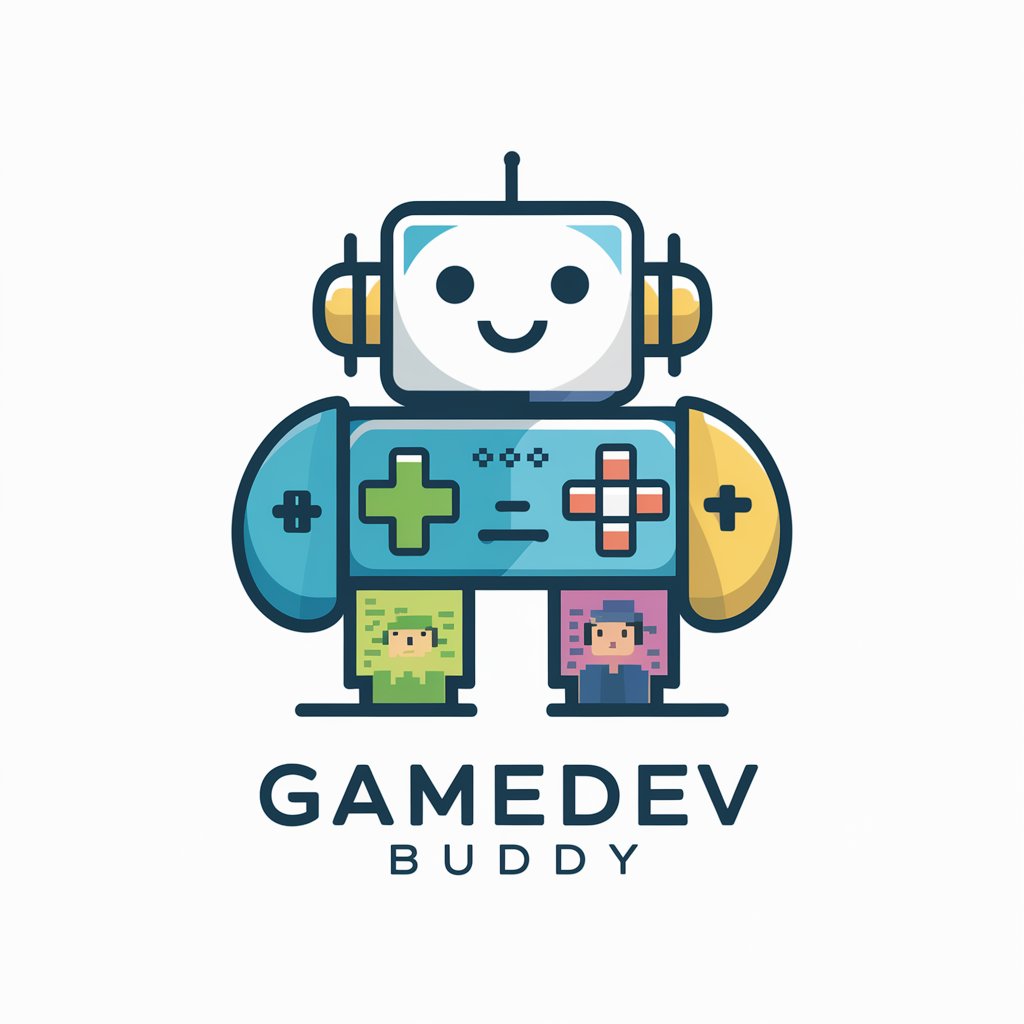
Angular & SASS Expert
Streamline Angular & SASS development with AI-powered assistance.
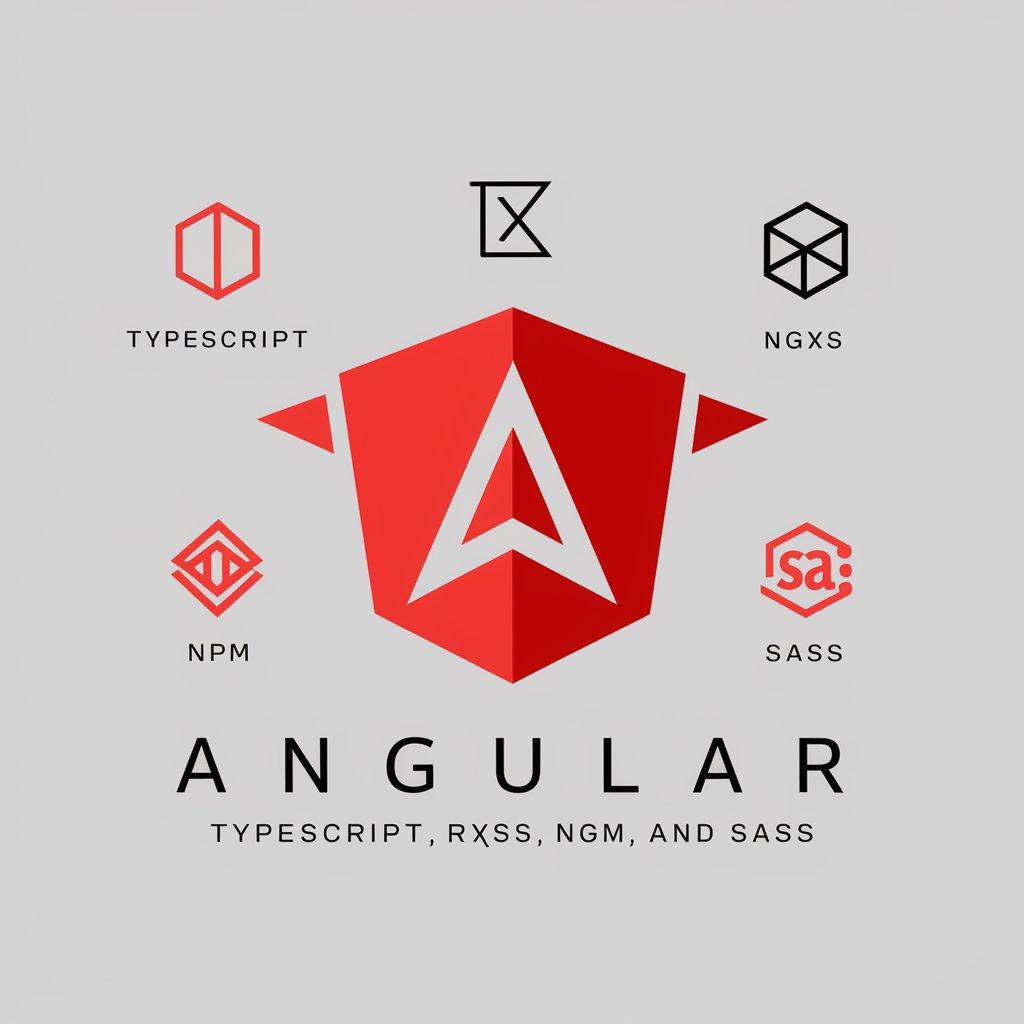
Assistant Dev Web
Empowering development with AI
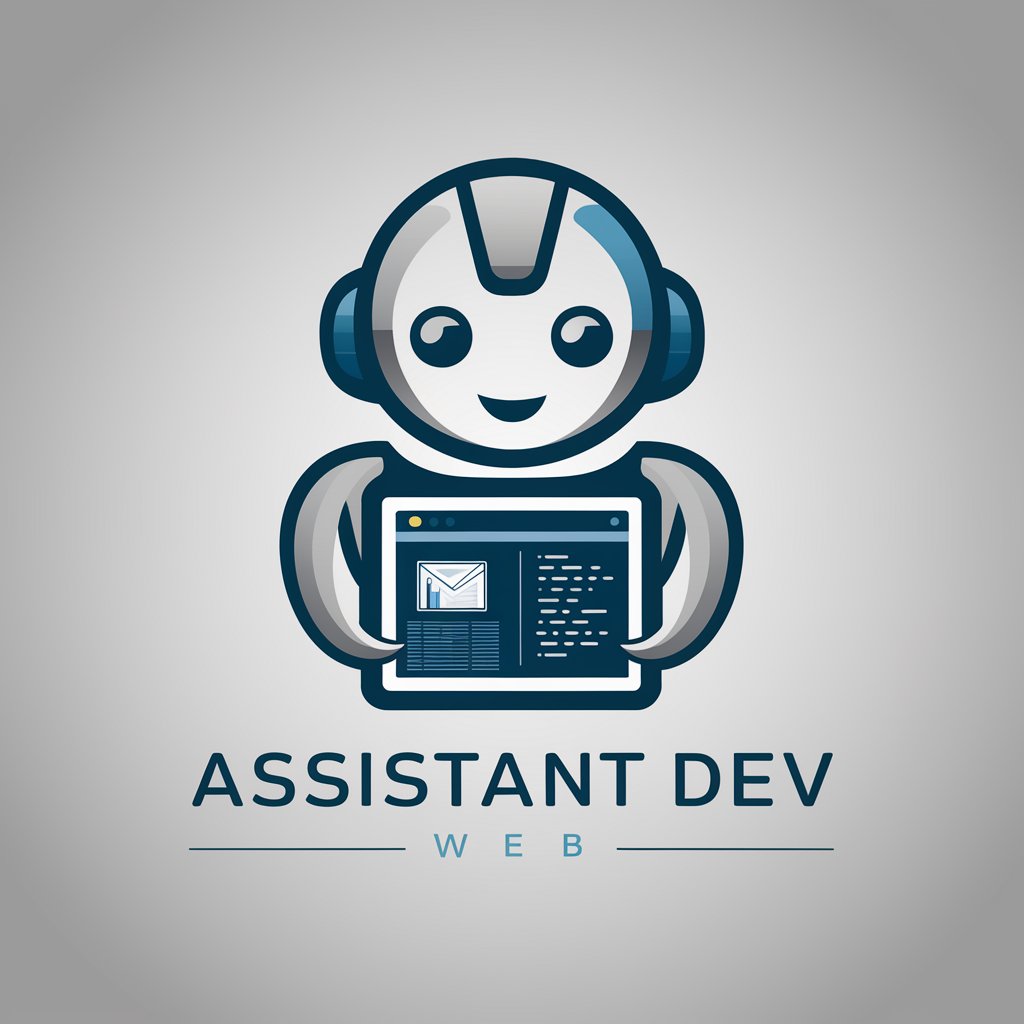
Frontend Mentor
Craft Your Frontend Skills with AI-Guided Projects

Relume Wizard
Empowering Front-End Excellence with AI

Front End Mentor
Build, Learn, Improve with AI
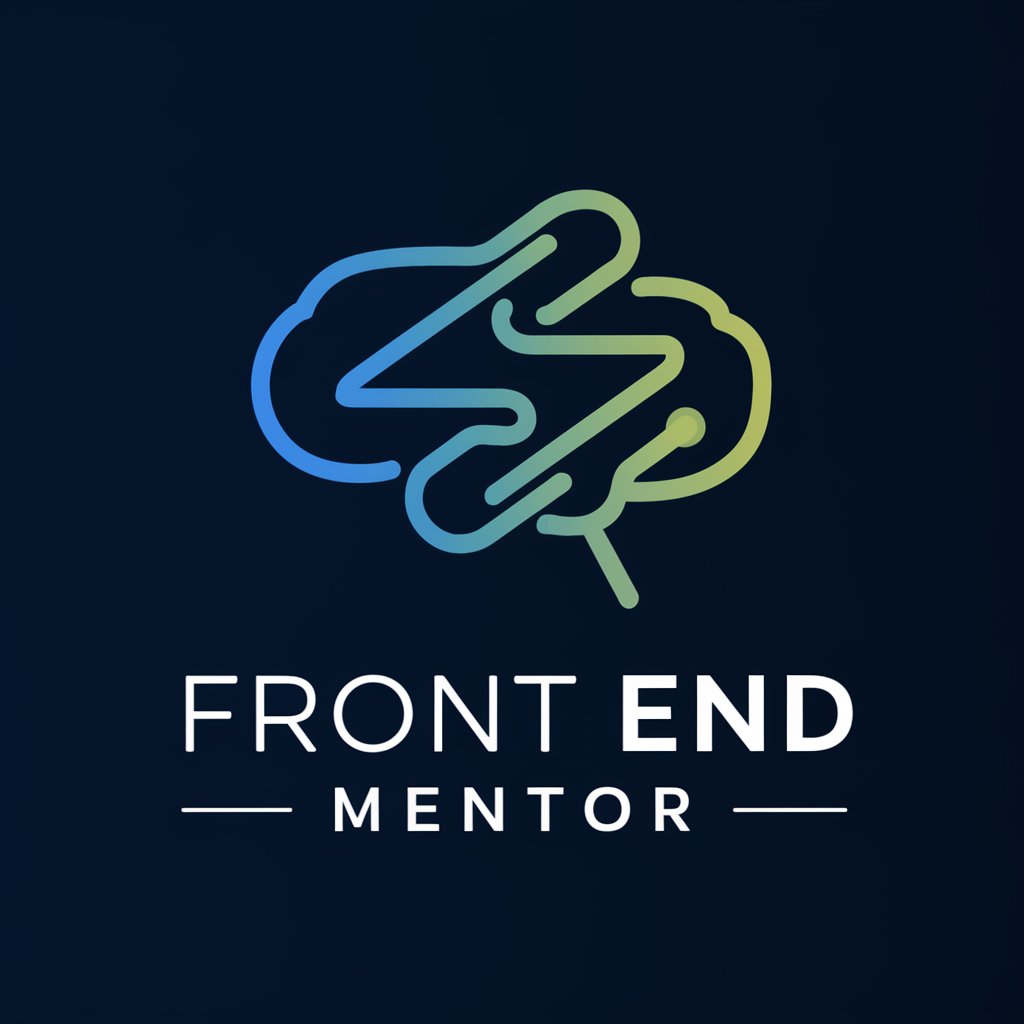
C# Design Patterns
Streamlining Software Design with AI

Key Attributes and Functions
AI GPTs for Design Implementation boast a range of unique features that cater specifically to the design domain. These include adaptability across various design tasks, from generating initial concepts to refining final details. They can understand and produce design-specific language, offer technical support, and facilitate web searches for inspiration or information. Specialized image creation capabilities enable the generation of visual content, while data analysis functions assist in evaluating design choices. Their ability to learn from interactions and feedback ensures continuous improvement in providing relevant and innovative solutions.
Who Benefits from Design AI
These tools are designed to benefit a wide array of users within the design sphere, including beginners seeking to learn and apply design principles, developers integrating design elements into software, and seasoned professionals looking for advanced tools to streamline their workflow. They are accessible to those without prior coding knowledge, offering intuitive interfaces and guidance. Simultaneously, they provide extensive customization options for those with technical expertise, allowing for tailored solutions that fit specific project requirements.
Try Our other AI GPTs tools for Free
Urban Adventure
Discover the future of urban exploration with AI GPTs. Tailored insights, personalized experiences, and interactive storytelling transform how we explore and understand cities.
Cyberpunk Quests
Unlock the potential of cyberpunk narratives and designs with AI GPTs tailored for immersive quests and storytelling. Explore futuristic landscapes and characters with ease.
License Optimization
Discover how AI GPTs for License Optimization can transform your software asset management with advanced analytics, cost-saving strategies, and compliance assurance.
Enterprise Support
Discover how AI GPTs for Enterprise Support revolutionize business operations with automated solutions, enhancing efficiency and customer experience.
Introspective Learning
Explore the transformative potential of AI GPTs for Introspective Learning: tailor-made tools designed to enhance self-awareness and personal growth through advanced AI insights.
Meal Insights
Discover how AI GPTs for Meal Insights revolutionize meal planning and dietary analysis with personalized, data-driven advice for healthier, more informed eating choices.
Further Perspectives on Design AI
AI GPTs for Design Implementation represent a significant advancement in how design tasks can be approached, offering scalable and efficient solutions. Their user-friendly interfaces and compatibility with existing systems make them a valuable addition to the design toolkit, enabling both novices and professionals to explore new possibilities and achieve superior results. As these tools evolve, they are set to further revolutionize the design process, making it more accessible, efficient, and innovative.
Frequently Asked Questions
What are AI GPTs for Design Implementation?
AI GPTs for Design Implementation are specialized tools that leverage Generative Pre-trained Transformers to support various stages of the design process, offering tailored solutions for generating, optimizing, and implementing designs.
How can these tools benefit my design projects?
They can automate repetitive tasks, provide creative suggestions, generate visual content, and offer technical advice, thereby speeding up the design process and enhancing the quality of the final output.
Do I need coding skills to use these tools?
No, these tools are designed to be user-friendly and accessible to individuals without coding skills, though having such skills can enhance the ability to customize and utilize advanced features.
Can AI GPTs for Design Implementation replace human designers?
No, they are intended to augment and assist human designers by automating tasks and offering suggestions, not to replace the creative judgment and expertise that professionals bring to the table.
Are there customization options available for advanced users?
Yes, advanced users can access a variety of customization options to tailor the tools to their specific needs, enabling more precise and efficient design solutions.
How do these tools learn and improve over time?
These tools use machine learning algorithms to analyze interactions and feedback, continuously refining their capabilities and accuracy in providing relevant suggestions and solutions.
Can AI GPTs integrate with other design software?
Many AI GPTs for Design Implementation are designed to be compatible with existing design software, allowing for seamless integration into existing workflows and systems.
What kind of design tasks can AI GPTs assist with?
They can assist with a wide range of tasks, including generating design concepts, creating visual content, optimizing workflows, and providing technical guidance throughout the design process.